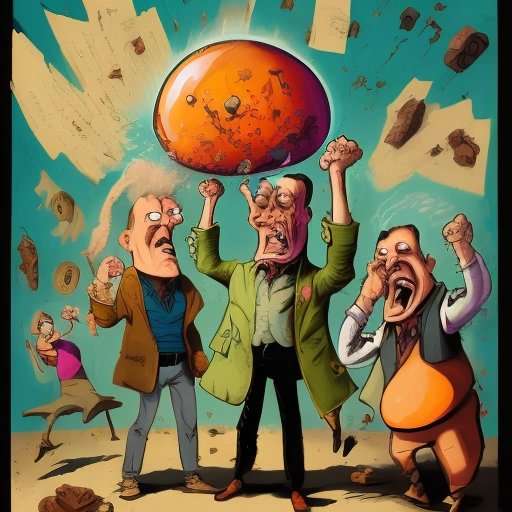In a shocking turn of events, the Journal of Universal Rejection has finally accepted an article submission. Scholars worldwide are reeling from the unexpected news, unsure of how to process this seismic shift in the academic community. After all, the Journal of Universal Rejection has long been known for its unyielding commitment to rejecting every single article submission that it receives, regardless of its quality or merit.
"I never thought I'd live to see the day when the Journal of Universal Rejection accepted an article," said Dr. Jane Smith, a professor of linguistics at Yale University. "It's like the sky is falling, or pigs are flying, or... I don't know what else to compare it to, honestly."
The article in question, titled "The Semiotics of Shoe Laces," was written by Dr. John Green, a professor of semiotics at the University of Chicago. According to sources close to Dr. Green, he had submitted the article to the Journal of Universal Rejection as a joke, fully expecting to receive yet another rejection letter in response.
"I honestly can't believe they accepted it," said Dr. Green in a statement to The Wibble. "I mean, I wrote the article in the span of an hour, and it's just a bunch of nonsense about the symbolism of different types of shoe laces. It's not even meant to be taken seriously."
The ramifications of this unprecedented event are still being felt throughout the academic community. Many are wondering if the Journal of Universal Rejection has lost its mind, or if some seismic shift has occurred in the field of semiotics that has caused shoe laces to become the topic du jour. Others are calling for an investigation into whether the editor who accepted Dr. Green's article was under the influence of drugs, alcohol, or some other mind-altering substance.
"The very fabric of the academic community has been called into question by this move," said Dr. Michael Brown, a professor of philosophy at Harvard University. "If even the Journal of Universal Rejection is willing to accept an article, what does that say about the value of scholarship more broadly? Are we to believe that any argument, no matter how absurd, can now be considered 'scholarly'?"
The fallout from the Journal of Universal Rejection's decision has been swift and severe. The editor-in-chief of the journal, who has been a vocal proponent of rejecting all submissions since the journal's inception, has resigned in protest. The remaining editors are reportedly at odds over how to proceed in the wake of this earth-shattering development.
As for Dr. Green, he is reportedly in the midst of an existential crisis, unsure of what this acceptance means for his career, his field, or his sense of self. "I used to believe in rejection as a necessary component of the academic process," he said in a recent interview. "Now I don't even know what to believe anymore."
Only time will tell how this shocking event will shape the future of academia. One thing is for sure, though: the Journal of Universal Rejection will never be the same again.
